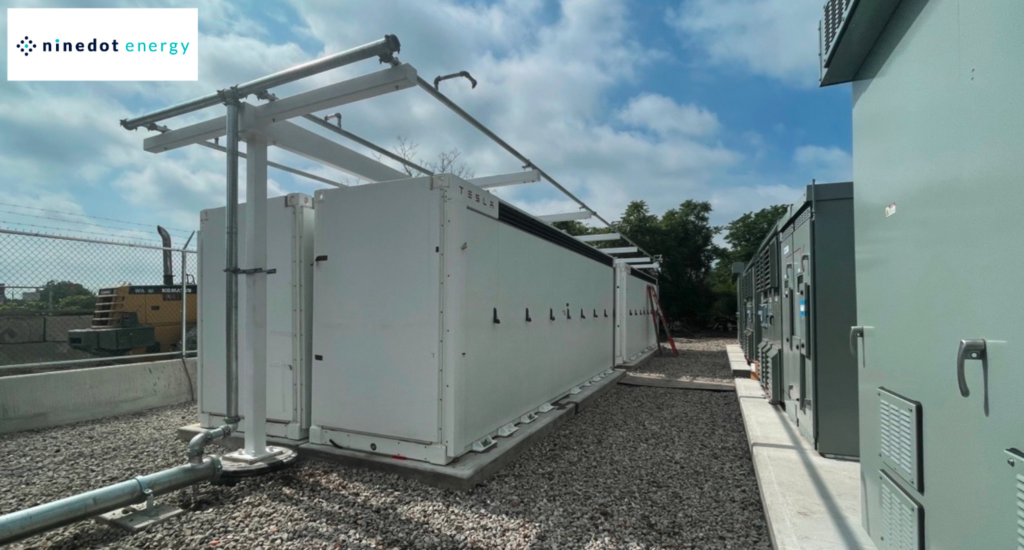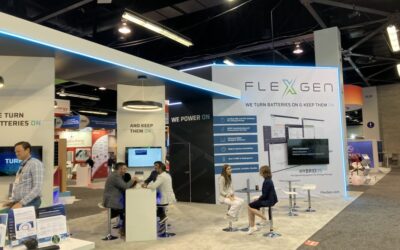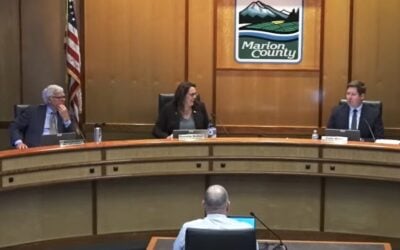
Community-scale battery storage developer Ninedot has been supported in purchasing project sites in New York by specialist real estate investment trust SolarREIT.
SolaREIT closed US$13 million in real estate financing for the developer, marking the investment trust’s first deal for standalone energy storage sites after expanding into the space from its focus solely on working with solar PV developers.
Enjoy 12 months of exclusive analysis
- Regular insight and analysis of the industry’s biggest developments
- In-depth interviews with the industry’s leading figures
- Annual digital subscription to the PV Tech Power journal
- Discounts on Solar Media’s portfolio of events, in-person and virtual
The company launched its range of capital solutions for battery storage developers in January this year, offering land purchases, lease purchases and land loans for projects.
SolaREIT, founded in 2020 by self-proclaimed clean energy industry veterans, aims to streamline the process of acquiring suitable land for solar and storage projects, which can be capital and land-intensive. According to the company, around 15% of a project’s total cost goes on land.
Ninedot CEO and co-founder David Arfin said the REIT “tailored a product that supported our purchase of some sites for our battery storage projects,” based on an understanding of the developer’s needs.
Ninedot is developing between 30 and 40 battery energy storage system (BESS) projects in the New York Metropolitan areas of New York City, Westchester County and Long Island, each planned with 5MW output and 20MWh capacity (4-hour duration).
As defined by research and analysis group Wood Mackenzie, community-scale energy storage is a solar-paired or standalone storage facility “brought online within a specific community-scale generation programme.”
New York’s VDER programme is path to monetise community storage
Within New York, that means the state’s Value of Distributed Energy Resources (VDER) scheme, sometimes also referred to as the Value Stack. Under VDER, distributed energy resources such as solar PV and storage are compensated based on a set of key metrics relating to the value they provide.
That value is defined in terms of energy, capacity, environmental, demand reduction and locational system relief. Administered by the state’s regulatory Public Service Commission, compensation is paid out in the form of bill credits.
Customers can then subscribe to the community programme; for example, Ninedot counts coffee chain Starbucks among its subscribers.
In an interview with Energy-Storage.news earlier this year, Joe Silver, senior product manager at Ninedot, said that there are “three key parts of the Value Stack that are really beneficial to storage,” these being demand reduction, capacity, and locational relief.
In addition, Ninedot also monetises its BESS assets through enrolment in demand response programmes.
Silver—who was speaking to the site in January about Ninedot’s involvement in a vehicle-to-grid (V2G) pilot project which also enrolled in VDER—noted that the programme is unique, and while that makes it a standout opportunity for developers, is also a challenge to scale, because there aren’t similar programmes in other states to compare it to or learn from.
Nonetheless, he said, VDER is “very smart and provides a lot of signals that developers like ourselves can take advantage of and use to provide a lot of value to the grid, and customers.”
Also in January, Ninedot secured US$225 million in financing through equity capital commitments led by insurer Manulife, bringing the developer’s total money raised to date to more than US$400 million. SolaREIT meanwhile raised US$250 million in September last year, together with investment management group AB CarVal.
With New York targeting 6GW of energy storage deployments by 2030 under the state Climate Leadership and Community Protection Act (CLPA) policy, a significant portion is likely to have to come from distributed resources in a state with limited land and densely populated urban areas.






